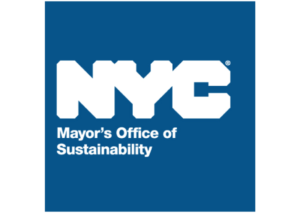CVS Health – Nathan Schuster – 2017
Goals
CVS Health, a pharmacy innovation company, is committed to addressing their climate-related impacts by reducing their greenhouse gas emissions. After achieving their initial carbon reduction goal three years ahead of scheduled in 2015, the company committed to setting a science-based target by 2018. CVS Health enlisted EDF Climate Corps fellow Nathan Schuster to assist in building a strategic plan to develop a science-based target. Schuster was tasked with creating a roadmap for energy efficiency improvements, behavior changes and renewable energy projects.
Solutions
After analyzing the energy use profiles across CVS Health’s facilities, focusing on the non-retail locations, Schuster and the Energy Management Team identified specific buildings that could be targeted for energy efficiency and renewable projects. The analysis revealed several CVS Health data centers to be the largest energy users, both in absolute and energy intensity terms. Schuster identified opportunities for energy efficiency improvements, specifically in lighting and HVAC upgrades, and developing onsite renewable projects as a key driver to reducing the energy use and GHG emissions of these facilities.
Potential Impact
Schuster‘s research will help facilitate discussions for prioritizing and implementing projects, to support CVS Health as they develop and work towards meeting a science-based emissions reduction target. The initial renewable projects identified as opportunities at two administrative locations have the potential to save 4 million kWh of energy annually and reduce yearly electricity costs by $400,000. Additionally, the prospective projects could reduce CVS Health’s annual emissions by 1,500 metric tons of carbon dioxide equivalents. Over a 20-year project lifespan, these annual reductions could accumulate to $7 million in costs savings and 30,000 metric tons of avoided emissions.
- Clean and Renewable Energy
- Data Analysis
- Sustainability and Energy Management Strategy








